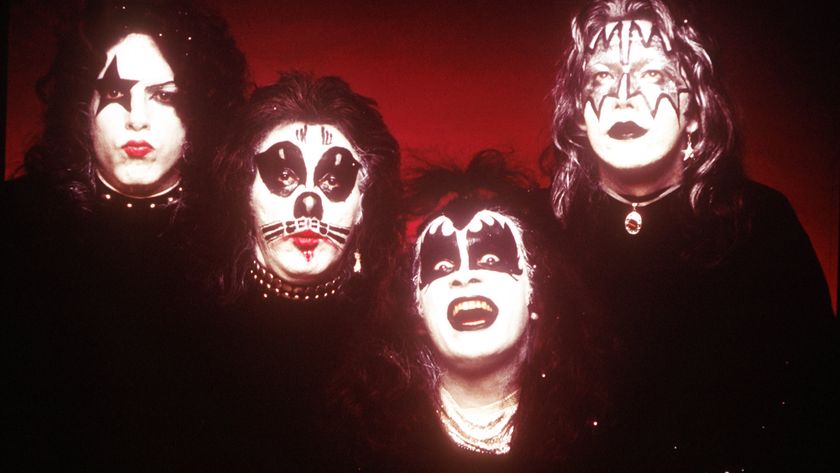6 career defining records of Henry Spinetti
Clapton, McCartney sticksman picks his finest
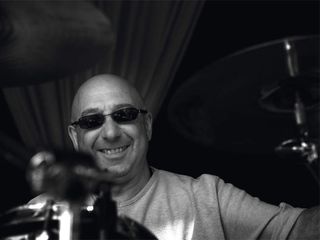
Henry Spinetti
For three decades, rock ‘n’ roll behemoths in need of an engine for their solo projects have turned to session ace Henry Spinetti.
Here, Spinetti picks the six records that most define his long and successful career behind the kit, and tells Rhythm Magazine why they matter so much.
Next page: sitting in for Keith Moon

Rough Mix (1977)
With Keith Moon a waning force in The Who, few could blame Uncle Pete for seeking out the watertight, no-nonsense Spinetti to bolster his collaboration with Ronnie Lane.
Henry Spinetti says:
“Working with Pete came about through the producer Glyn Johns. I was one of his stable of drummers, and he’d choose the drummer for the records that suited their natural style.”
“I knew I couldn’t possibly have played like Keith Moon, so I suppose my approach on Rough Mix was... tongue-in-cheek. Pete didn’t tell me what I should play; he led with acoustic guitar, and my beat would develop from there. It wasn’t technical, but then I’m not that technical.”
“It didn’t make me rich, but we were all young and happy just to be playing.”

Just One Night (1980)
A world tour backing Clappers might be the ultimate test for a jobbing drummer, but this double live album proved Spinetti’s unchallengeable talent.
Henry Spinetti says:
“People like Eric don’t tell you how to play – they like your drumming and that’s why you’re there. You obviously need to have a certain amount of technique, but it’s all about the feel.”
“All he was interested in was getting a good groove. Whether that happened or not, you tell me!”
“The only solo I ever played with Eric was on the last night of that tour, when the crew started taking my kit away and Eric shouted, ‘And now – a solo from Henry Spinetti!’ All I had was a bass drum and a snare, and one broken stick.”

Gone Troppo (1982)
Harrison’s 10th solo album would tank commercially and force its author into creative hiatus, but the blame can’t be laid at the door of Spinetti, whose inventive beats lent muscle to some lightweight fare.
Henry Spinetti says:
“That was at George’s home studio in Friar Park. I was just thinking, ‘Don’t make a fool of yourself,’ because with a lot of these people, you’re a fan too. I wouldn’t say I sounded like Ringo, but he was the one who started me drumming.”
“Anyway, with George, I had a little Yamaha jazz kit - only a little 20" bass drum, a 12" tom and a 14" snare. I was digging in quite hard - it wasn’t brushes or anything - but it was all about the tempo and groove, putting a beat down, listening back, saying ‘This bit sounds crap,’ and developing it.”
“Again, it didn’t make me rich – but it was never about the money.”

Down In The Groove (1988)
It was every man for himself in the Bob Dylan band, remembers Spinetti, with the abrasive wordsmith glowering beneath sunglasses and cutting his sessioners a minimum of slack.
Henry Spinetti says:
“I wasn’t particularly a Dylan fan, but I got the job through Clapton. I took along my Gretsch kit and they set me up in this booth. It wasn’t the easiest thing, I have to say.”
“He walks in, he’s got his dark glasses on, he shakes my hand and starts playing. I just had to join in, play whatever beat I could feel from what he was doing. There was no discussion - no ‘Right, we’re doing this, the chords are this, and stop there’.”
“The other players told me, ‘This is just how he works’. I don’t have that album, and I only remembered I’d played on it a few months ago.”

Choba B CCCP (1991)
Macca’s tribute to his ‘50s rock‘n’roll heroes required a fast and adaptable sticksman. Enter Spinetti, for a light-footed performance that earned raised thumbs from the future knight of the realm.
Henry Spinetti says:
“It was pretty much live, and you only got one take. The tape went on, he tells you which cover you’re doing, and whether you knew it or not, you had to start drumming - ‘1-2-3-4, go!’”
“Sometimes it worked and sometimes it didn’t. There was no brief. They’re paying you to bring your talent to whatever they’re doing. I had an old ‘50s Gretsch kit for those sessions, which I thought sounded good, but then again, it all happened so quick.”
“Do you have to call him Sir? No, he’s fantastic. And Paul can actually play fantastic drums – he’s got really good feel. He sent me a signed copy afterwards.”
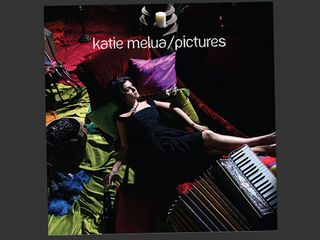
Pictures (2007)
Since 2003’s Call Off The Search, Spinetti has kept the breathy chanteuse on the straight and narrow, with 2007’s coffee table perennial Pictures showcasing the softer side to his style.
Henry Spinetti says:
“I find the challenge with Katie is to play quiet and gentle, and still make it groove. It was produced by Mike Batt and he was always asking me, ‘Can you play a bit quieter?’ With Pictures, we actually recorded at Mike’s home studio, and my Sonor kit was set up in the hall of this country mansion, so it was pretty loud.”
“I enjoyed drumming on all those tracks, especially In My Secret Life, which is a Leonard Cohen song. I’d never heard it, but I just picked up the brushes – which you use a lot with Katie – and tried to make it a bit funky.”
“Katie likes a good drumbeat.”
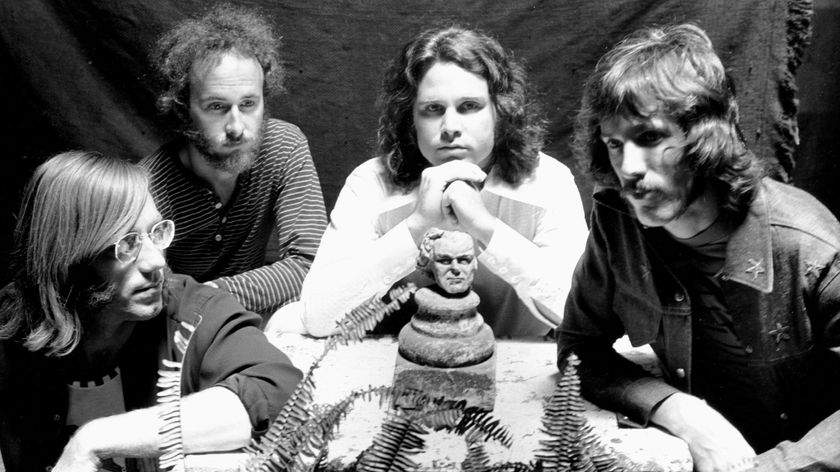
"He was so drunk, we couldn't even finish the show": Surviving members of The Doors on the breakdown of the band and life with Jim Morrison
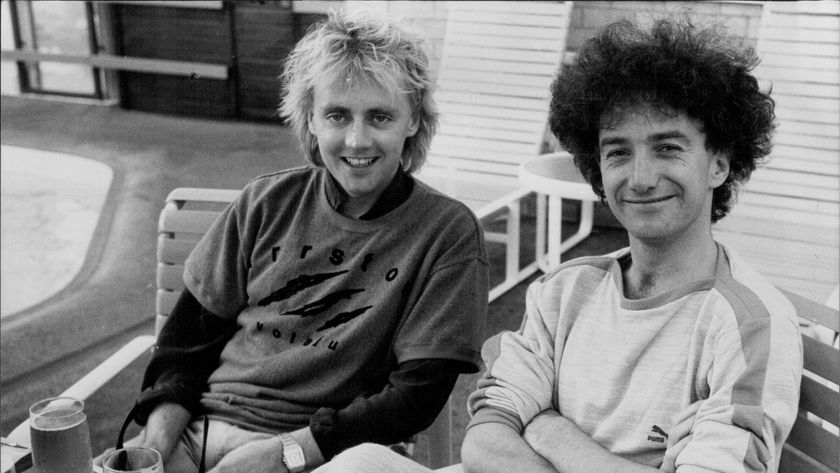
“A nice fusion of synthesizers and epic pop”: Queen drummer Roger Taylor names the best song he ever wrote for the band - and the Queen song he hates!

"He was so drunk, we couldn't even finish the show": Surviving members of The Doors on the breakdown of the band and life with Jim Morrison

“A nice fusion of synthesizers and epic pop”: Queen drummer Roger Taylor names the best song he ever wrote for the band - and the Queen song he hates!
Most Popular







